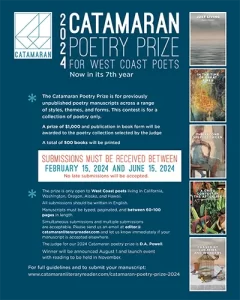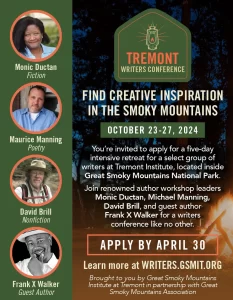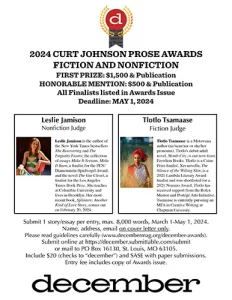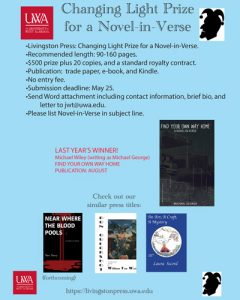The Fiddlehead – Summer 2009
Number 240
Summer 2009
Quarterly
Teri Denton
The Summer edition of The Fiddlehead was a great read. It’s filled with short stories and reviews, strictly speaking. I found myself at turns sad, scared, and empathetic. Still, I was perfectly calmed by the reading of all this pathos and dark energy. It’s almost as though I saw a bit of myself in each of these stories. In the Editor’s note, “Dark Was the Night, Bright Was the Diamond,” Mark Anthony Jarman writes that the reader will find, “stories moving through the stone lands of Ireland, France, and Spain, stories in cottage country, punk clubs, and on Napoleon’s Italian campaign,” and comments that the short story format has gotten short shrift these days, if the media are to be believed, but adds that the Pulitzer Prize for fiction went to Elizabeth Strout for her collection of said literary form. Jarman quotes, for his point, Steven Millhauser: “smallness is the realm of elegance and grace,” and Jarman adds, “the realm of perfection.”
The Summer edition of The Fiddlehead was a great read. It’s filled with short stories and reviews, strictly speaking. I found myself at turns sad, scared, and empathetic. Still, I was perfectly calmed by the reading of all this pathos and dark energy. It’s almost as though I saw a bit of myself in each of these stories. In the Editor’s note, “Dark Was the Night, Bright Was the Diamond,” Mark Anthony Jarman writes that the reader will find, “stories moving through the stone lands of Ireland, France, and Spain, stories in cottage country, punk clubs, and on Napoleon’s Italian campaign,” and comments that the short story format has gotten short shrift these days, if the media are to be believed, but adds that the Pulitzer Prize for fiction went to Elizabeth Strout for her collection of said literary form. Jarman quotes, for his point, Steven Millhauser: “smallness is the realm of elegance and grace,” and Jarman adds, “the realm of perfection.”
Rebecca Rosenblum’s “ContEd” has Isobel returning to college long after her teen years, and early twenties, have passed. During the first night of a taxation class she has taken, when the teacher instructs the students to introduce themselves, Isobel comments, “It didn’t occur to me that I’d have to talk in front of everyone. I thought I could just listen, do the homework, and see how it goes.” As I near my own graduation, and after a decade of night classes, my mind has a little déjà-vu moment. And, as a woman myself, when Isobel says, of her professor, that, “He’d kiss me if I kissed him. I suddenly know it,” my heart did its own uh-huh. I definitely saw myself there, in her cramped classroom, with that guy who always has something to say, and her exasperated teacher.
And character Lindsay’s fear is something I felt upon the back of my neck as I read Jeff Park’s “Back to Disney.” When Lindsay gets involved with a marijuana growing operation, by way of the operation’s design, my very own little voice is begging him not to do it. When the shotgun appears at story’s end, my little voice only nods in resignation. I’m trying hard, even now, not to say ‘I told you so.’
Alice Petersen’s short story “Among the Trees” is another tale that needs a very large audience. Written with the same elegance and grace that Jarman spoke of, we find a widow, just as she spreads her beloved’s ashes over a cliff outside of their cottage home. We learn that she may have been widowed long before that solitary act of goodbye. She tells us that, in the beginning, her sculptor husband, Hugh, would sculpt nature so that, “A spy out before dawn might glimpse Hugh crouched close to the earth, aligning cedar fronds on the path to the dock, so that they all pointed like arrows at a newly sprung toadstool capped in neon light.” But we soon learn that Hugh would find another soul mate in the person of a male watercolor artist named Crispin, and she does try to make the best of her newly triangular life. But along the line, she finds that, “she had somewhere lost the knack for renewing her love for Hugh each day,” and “found herself acting more as she ought to, rather than desire.” I’ve been there before, too, and it’s not a comforting place.
Perhaps the calm I feel in of all this pathos and dark energy is due simply because I know that Mark Anthony Jarman is right: short stories are alive and well. All you need to do is pick up a collection like that of The Fiddlehead for confirmation.
[www.fiddlehead.ca]




